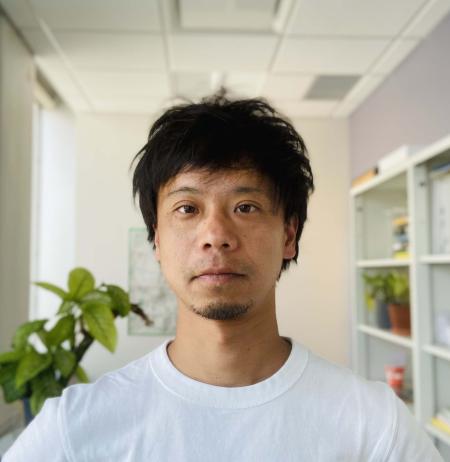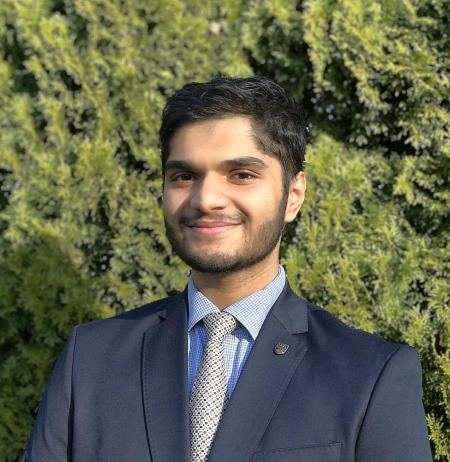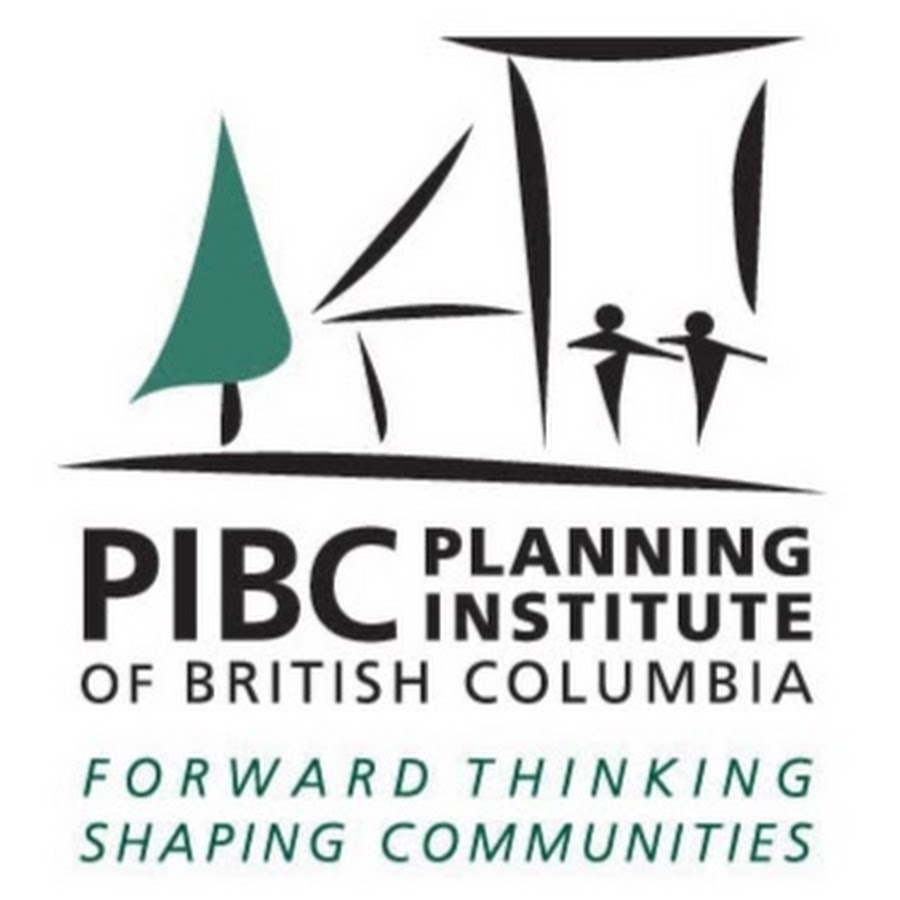
What makes you passionate about planning?
I am passionate about planning because of its practice-oriented commitment to exploring the ethical question of “what is to be done” for progressive change. In this sense, planning is a value-oriented field, along with diverse traditions from participatory planning and advocacy planning to just-city planning and critical planning. Planning is also interdisciplinary, and draws on tools and approaches from a range of fields. This has made me passionate about planning.
Tell us about a project you are working on and why it excites you
With the support of the Metcalf Foundation Fellowship, I am currently conducting an action research project to reflect on the 10-year history of the Parkdale Neighbourhood Land Trust (PNLT), Toronto’s first grassroots community land trust (CLT) that I have been involved in since its inception as a founder. PNLT has made considerable contributions to Toronto’s CLT movement building and housing policy making around community-led housing preservation. I am excited to share lessons, including here in BC, enabling conditions and policy options for advancing housing justice through the CLT model.
What do you think the most important challenge will be for planners in the future?
How can we move away from deep-seated norms behind planning thought and practice in order to respond to urgent calls for action, such as the need for the just housing system, ecological sustainability, anti-racism and decolonization? I think that this question is the most important challenge for planning practitioners and researchers. For example, I have been grappling with this question through my research on Tokyo, Japan, where the unprecedented demographic transformation, characterized by rapid population shrinkage and aging, is calling into question the idea of economic growth behind planning.
What are you most excited about at your planning school?
I joined SCARP in the 2023-2024 academic year along with three other colleagues, Jessica Barudin (Indigenous community planning), Andrew Binet (community-engaged research), and Holly Caggiano (climate justice). While building on the school’s long tradition on progressive planning for transformative change, we are adding new perspectives and diverse experiences to our planning program. Furthermore, this year, UBC Geography Department and SCARP have jointly launched the new Urban Studies program where we foreground community-engaged learning. Taken together, it is a very exciting time for SCARP now.
Please tell us about a place or plan that has been influential to you.
The Parkdale neighbourhood in Toronto has been influential to me. Parkdale is a neighbourhood where I worked as a community-based planner. Parkdale is a community where I gained an on-the-ground understanding about issues of housing and social justice from community development practitioners and resident leaders. Parkdale is a place where I learned what planning can be. My experience in Parkdale taught me the power of community-based action research as a planning tool for social change. I continue to practice this approach in order to link a critical analysis of structural issues and people’s everyday experience with planning action and community-led solutions.

What makes you passionate about planning?
As human beings, we live, work, and exist in spaces. These spaces influence and affect every aspect of our lives. Urban planning shapes and influences these spaces. Coming from India and seeing the dynamic evolution of urban spaces ignited my passion for urban planning. It’s a field that combines every aspect that one can think of, from AI to politics. This, combined with being forward-looking while being informed about the past, makes urban planning a true endeavor, representing the story of humanity. Being a part of shaping this story in a positive and meaningful way drives me as an aspiring urban planner.
Tell us about a planning theme that inspires you.
The process of redeveloping existing urban spaces is something that inspires me. This theme has become more important over the last few years. As the neighborhoods in our cities age, they need to be redeveloped to meet the community's needs. This theme is so complex that it raises several questions. Questions like: who are we redeveloping the area for, how is this redevelopment going to change the form and demographics of an area, and are we preserving or rebuilding the character of an area? Several redevelopment efforts across the world, especially in India and First Nation-led developments like Sen̓áḵw, demonstrate how we can conserve while adding new dimensions to existing areas and neighborhoods.
What do you think the most important challenge will be for planners in the future?
Planners have always faced challenges. However, today I feel that more is asked of planners, with them being provided with fewer resources. This, on top of rapid urbanization, climate change, and a greater call for social inclusivity, is adding to the complexity of the challenges planners face. In the context of all of these issues, I believe the challenge of having affordable cities is going to be a major challenge for planners in the coming years. Planners and planning departments across the world have been focusing on socio-economic inequalities for decades. Despite this, we still see persistent and growing economic challenges within our cities. Maintaining cities as places that not only drive economic growth but also enable people from any socio-economic group to be able to make a life for themselves and their families is a challenge that planners will have to deal with.
What are you most excited about at your planning school?
The community of planners, students, and professors at SCARP brings a range of perspectives and knowledge systems to the program. This, along with the structure of the program, has truly helped me understand how planners work in real life. SCARP has helped me to broaden my outlook and prepare me for future challenges. Its focus on intersectionality and sensitivity to issues like decolonization has enhanced my perspective on planning as a practice.
Please tell us about a place or plan that has been influential to you.
I grew up in Pune, India, a city known for its rich heritage and legacy. Along with modern high-rises, the city has palaces and homes built in the 16th century. However, rapid urbanization has happened due to people migrating from rural areas in search of work and opportunities in the city. This social, cultural, and economic disparity spawned many issues. This stark contrasts in the city piqued my interest in urban studies and planning. However, despite its issues, the city has been a place of cultural resilience and tradition that I am proud to call my home. The city is a melting pot of innovation, education, and culture. Being an education hub in India, it has always nurtured and developed some of the finest talent in the country. This talent that people and communities bring reminds me how social and physical capital go hand in hand in making a place what it is. I find this aspect influential in informing my practice as a planner.




